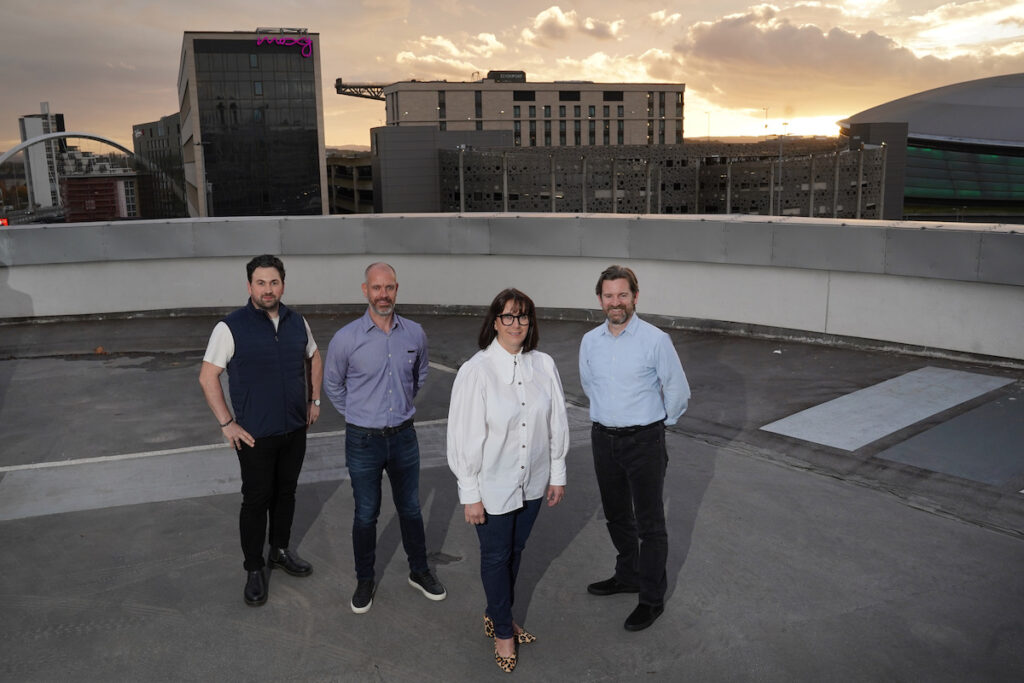A new internet of things (IoT) jobs platform is set to launch in order to address some of the industry’s challenges around recruitment and retention.
In a ‘first for Scotland’, the Glasgow-based Filament Smart Things Accelerator Centre (STAC) will work with recruitment consultant Jordan Talent Solutions to create ‘STAC Jobs’.
STAC is already supporting 23 active companies with 70 employees from its base at Skypark in the city, with a new 250-desk facility and fully equipped labs planned for Q2 2023.
CEO Paul Wilson says the new initiative will accelerate the progress of the IoT sector in Scotland.
He said: “We are on track to create Europe’s largest IoT cluster in 2023. STAC Jobs will help us get to this point, by bringing about a step change in how companies access high quality talent. We need to build more IoT intellectual property here, and we can only do that if we have the right people and teams in place to drive that growth.”
Jordan Talent Solutions, co-founded by LeighAnne and Grant Jordan, has a track record in working with a range of companies from early stage ventures to international corporates.
LeighAnne Jordan said: “We know we have extremely capable Scottish founders and companies in the IoT space, and STAC Jobs will support their talent acquisition strategies, processes, and policies. If our startups are to compete with the established order in the global IoT sector, they need to attract and retain the best talent.”
Wilson added: “When you look at Scotland’s key future industries including energy, healthcare, education, natural capital, and the satellite communications sector, IoT is absolutely integral to each. Scottish success stories like remote patient monitoring scale-up Current Health, which secured the second largest European healthcare exit in 2021, or New York Stock Exchange-listed nanosatellite developer Spire Global, are two examples of what we can achieve.”
He said: “Early stage technology companies are facing a well documented funding gap, that’s another area we are working on, and something we will be able to talk more about in the coming weeks.”
STAC marked its first anniversary in October, with former Scottish Enterprise managing director and interim CEO Linda Hanna joining the team as head of partnerships, while Meta VP for supply chain Sean Murphy joined a STAC Advisory Board that also includes Volvo Cars CEO Jim Rowan.
STAC is supported by Scottish Enterprise, CENSIS, and Filament. STAC’s local partners in Scotland include Murphy Wealth, Anderson Anderson & Brown, Burness Paull, Scintilla, Arceptive, Soben, Integrated Graphene, and Pivot International.
STAC’s international partners are: San Francisco HQ-ed customer engagement platform Twilio; design, global manufacturing, supply chain and aftermarket services specialist Plexus Corp.; Intel Corporation, the semiconductor chip manufacturer who are enabling a more intelligent Internet of Things (IoT); Keysight, the world’s leading test and measurement company for IoT devices, and; Fortune 500, Colorado HQ-ed US electronics group Arrow Electronics.
